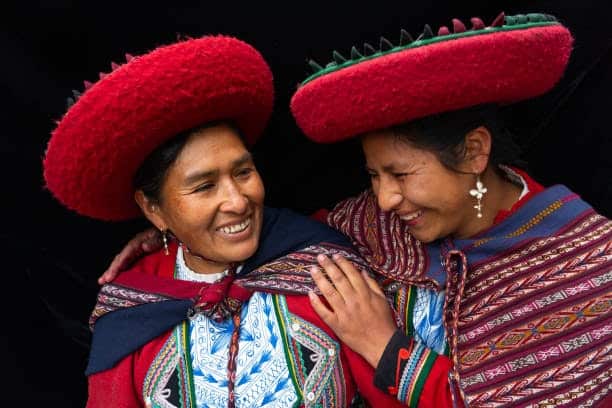We don’t need “the global village”; we need a “globe of villages”.
And when I say need here I don’t mean it in an ethical, or moral, or aesthetic sense. I mean it in the most practical sense: in order to survive we must re-localize.
The global village idea is a non-starter. It misses that complex adaptive systems of a certain class typically have a characteristic scale. That is, a certain size at which they necessarily are realized. Nearly every adult human being you will ever meet will be between five and seven feet tall. And you will not find a land mammal larger than an elephant. Simply, a bigger elephant can’t exist — it would collapse on itself.
So it is with the village. You can’t just inflate it to arbitrary proportions and get the same kind of thing, or expect to get something that works at all, that doesn’t collapse on itself. In attempting to create a massive village, you destroy everything that makes something a “village” to begin with.
But it’s not just the “global village” that won’t work. It’s all of the global designs that those with large-scale agendas are trying to shove us into. They won’t work because they can’t work — something that would dissuade their architects if they understood it.
The essence of life is patterns that persist in the face of fluctuations.
The demand for a global order is often framed in a way that acknowledges this simple truth: for instance calls that we must act in unison at the global scale to combat climate change.
The problem is that most of our problems are not global, but much more local. And the danger of committing to a global order to address the large problems, are the constraints that make it impossible to address the smaller-but-no-less-crucial ones. Locally, we must be free to address problems that arise, including those that that no one foresaw. If we are over-constrained by a large-scale design we will not be able to do that.
And this is why localism is coming, whether we want it or not. And we can do this the easy way, or the hard way.
Problems don’t come in a single size: some are very small, some are very large, and crucially, many are in-between. Libertarians recognize the very-small; those who demand a global order recognize the very-large; the medium-sized problems demand that we act as local communities — relatively free from the demands of a global order but in a way that coordinates local actors for addressing threats to local sociocultural persistence.
More here































